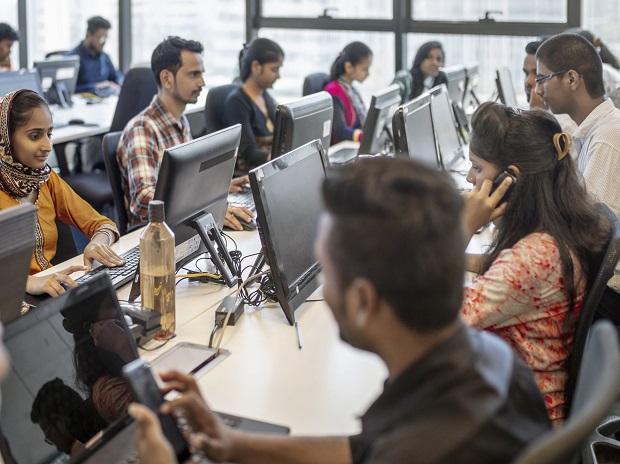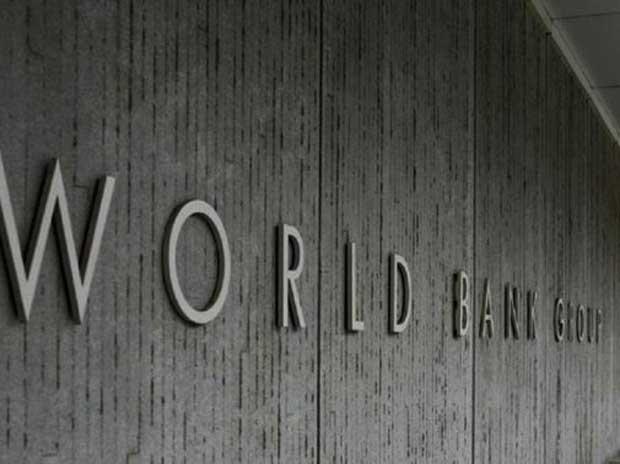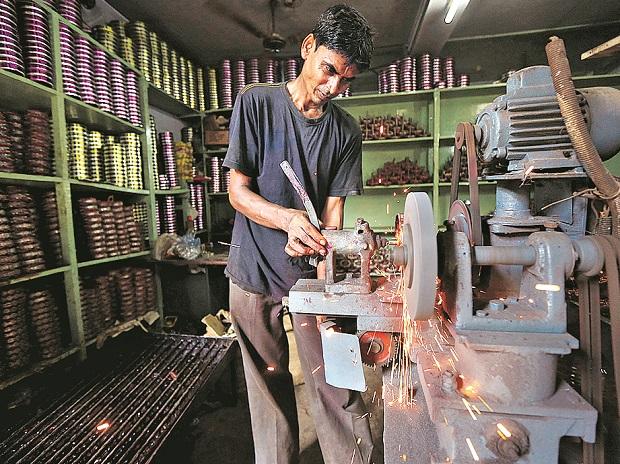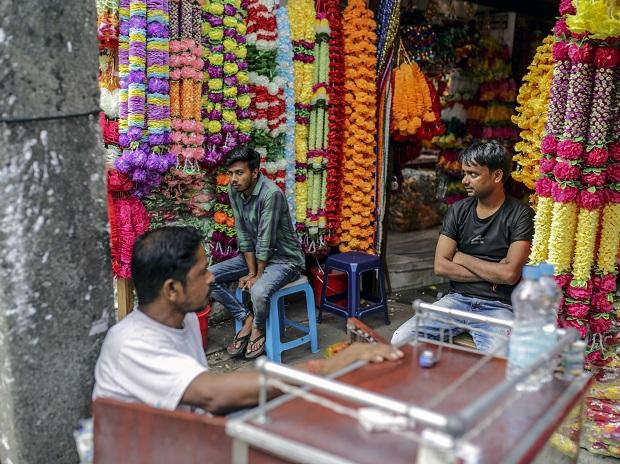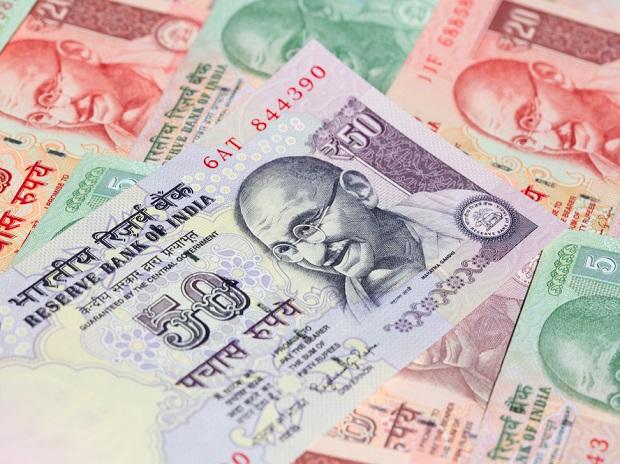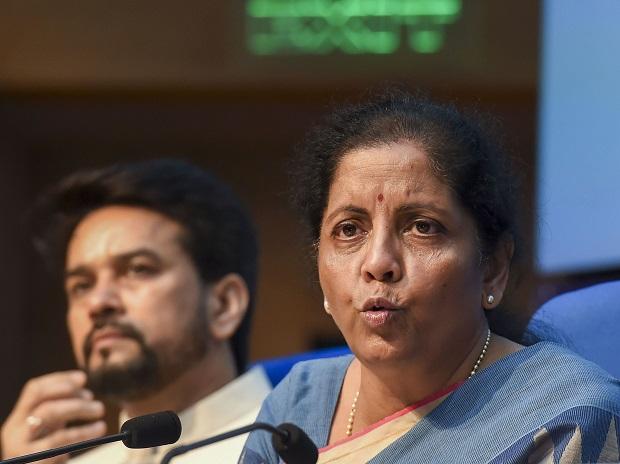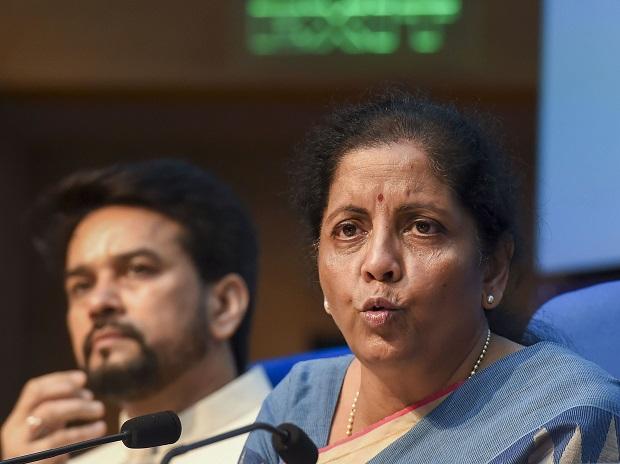
The numbers pertain to GST paid in February but collected in March, suggesting that collections might turn grimmer going forward.
The GST mop-up in March stood at Rs 97,597 crore, down 8.4 per cent on a year-on-year basis, the data released by the Ministry of Finance showed on Wednesday. The government had targeted a collection of Rs 1.25 trillion in March. GST collection grew by a meagre 3.7 per cent in the full fiscal year 2019-20.
The dismal collection in March is despite the stringent anti-evasion measures introduced by the government, including the blockage of e-way bill and restricting input tax credit to 10 per cent in the case of failure of invoice uploads by suppliers.
Already hit by an economic slowdown, the country went into a 21-day lockdown from March 24 to prevent the spread of Covid-19. All industries that were struggling have become non-operational, which will reflect in the April GST collection figures.
Kerala Finance Minister Thomas Isaac told Business Standard that the April numbers, which would essentially be transactions in March would only be about 15-20 per cent of the March figures.
Pratik Jain, partner, PwC India, said, “It seems that many businesses may not have been able to pay GST because of liquidity issues being faced after the lockdown. As the second half of March 2020 has been significantly impacted due to the Covid-19 outbreak, collections in April are likely to be substantially lower.”
In a major relief for businesses facing lockdown due to coronavirus, the last date for GST return filing for March, April and May 2020 has been extended to June 30, with no interest, late fee and penalty, for companies with up to Rs 5 crore turnover and subsidised interest of 9 per cent, and no penalty or late fees for bigger companies.
M S Mani, partner, Deloitte India, said it was necessary for businesses to conserve cash in order to enable resumption of operations once the lockdown ends. Hence, any deferral of the GST payment timelines by a few months would significantly assist them in this process, Mani said.
Central GST collection for FY20 at Rs 4.95 trillion fell Rs 18,188 crore short of revised estimates for the fiscal year. The finance ministry, in Union Budget 2020-21, had lowered the CGST collection target for FY20 to Rs 5.13 trillion from Rs 5.26 trillion estimated in July.
Of the Rs 97,597-crore revenue in March, the central GST collection stood at Rs 19,183 crore, state GST at Rs 25,601 crore and integrated GST at Rs 44,508 crore, which included Rs 18,056 crore collected on imports, the finance ministry said in a statement.
